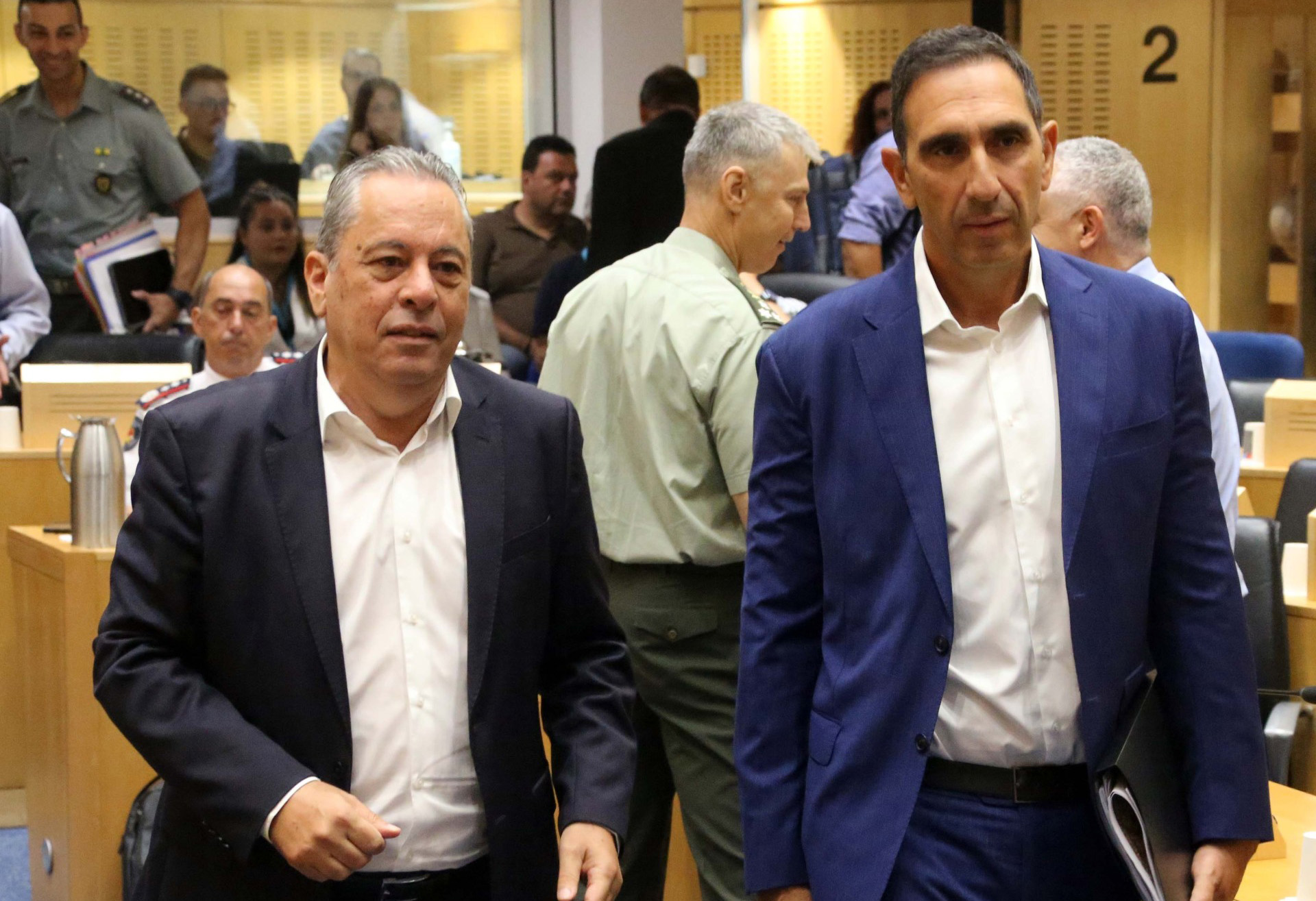More than €1.1 million has been paid to 142 people affected by late July’s deadly wildfire in the mountain villages of Limassol, Interior Minister Constantinos Ioannou said on Tuesday.
Speaking before an emergency joint session of three parliamentary committees, Ioannou said the state’s priority is to prevent future loss of life and stop similar disasters from happening again.
The wildfire broke out on July 23, spreading rapidly and causing widespread damage to homes, land and livestock, burning around one per cent of the island and leading to the death of an elderly couple.
Ioannou said that since last Friday, when the support scheme was announced, authorities have examined 236 claims. Payments totalling around €1.7 million have been approved.
The one-off payment to affected residents is expected to be fully distributed by tomorrow.
About 500 people have been given temporary shelter and food. The government has committed to provide six months of support for those whose homes were partially damaged, and 24 months for those whose properties were completely destroyed.
The minister said he would not downplay the situation or hide the system’s shortcomings.
He acknowledged that gaps were found in the emergency response, which the authorities are now working to fix.
He said that, in most cases, proper evacuation procedures were followed, based on reports from local village leaders. However, despite the efforts of Civil Defence members and volunteers, there were flaws in the evacuation process.
One example he gave was the Polyvios emergency plan, which currently does not include obligations to inform Civil Defence about camping sites. This will be addressed immediately, he said.
There were also delays and confusion in checking and evacuating isolated homes and livestock farms. Many of these sites are not registered and are not clearly covered in the emergency plan.
Instructions have been given to revise the plan in cooperation with the Union of Communities, to include all types of premises that may need evacuation in emergencies.
Ioannou also addressed delays in finalising a tender for firefighting aircraft. He said the way is now clear to proceed, after no objections were submitted by the deadline.
He praised the efforts of Civil Defence during the fire and asked for time to present a detailed report to parliament. He also outlined the funding provided to prevent future fires.
A total of €1 million has been allocated to clear areas at high risk of fire and to purchase equipment and vehicles. This is part of a wider effort to support farming communities near forests and reduce fire hazards caused by abandoned land.
The grants range from €20,000 to €100,000 per community cluster. So far, only 35 per cent of the funds have been used.
The ministry is also offering financial support to local councils to buy single-cabin firefighting vehicles. The subsidy has increased from 50 per cent to 80 per cent of the total cost, following requests from smaller communities.
On the issue of a national alert system, the minister said a tender had been launched in 2022, but was cancelled in May 2024 due to legal appeals. Efforts are underway to relaunch the tender.
The government is now working under pressure to improve its readiness, as wildfires become more frequent during hotter and drier summers.






Click here to change your cookie preferences